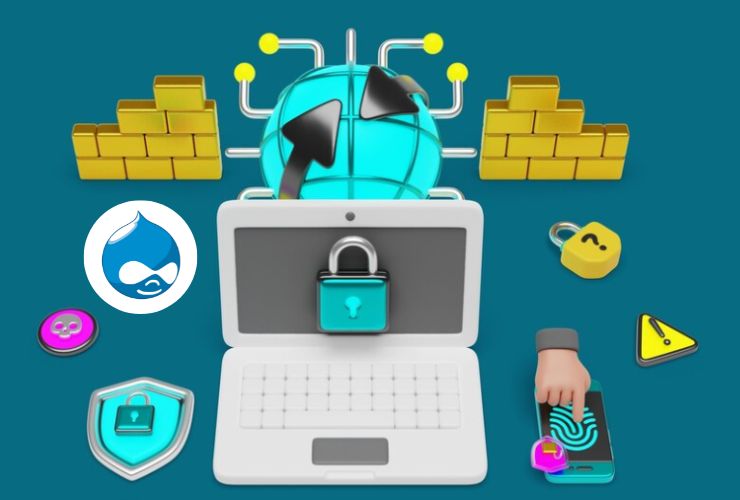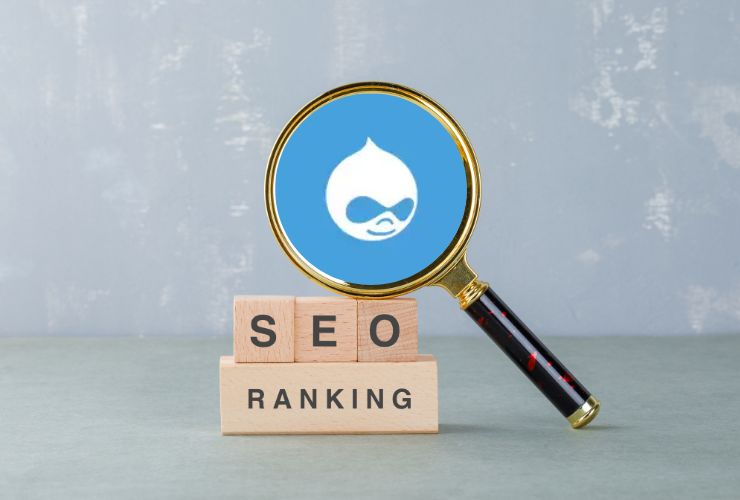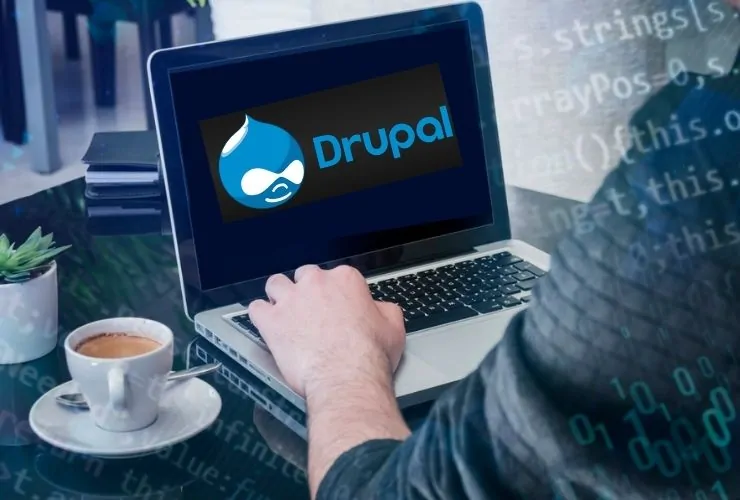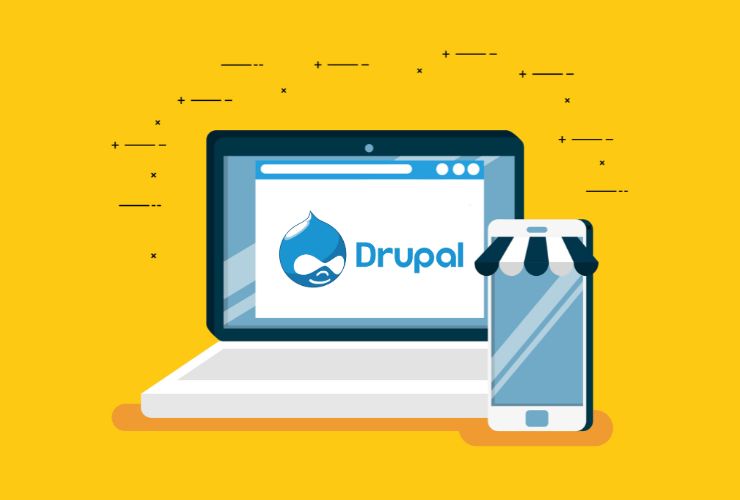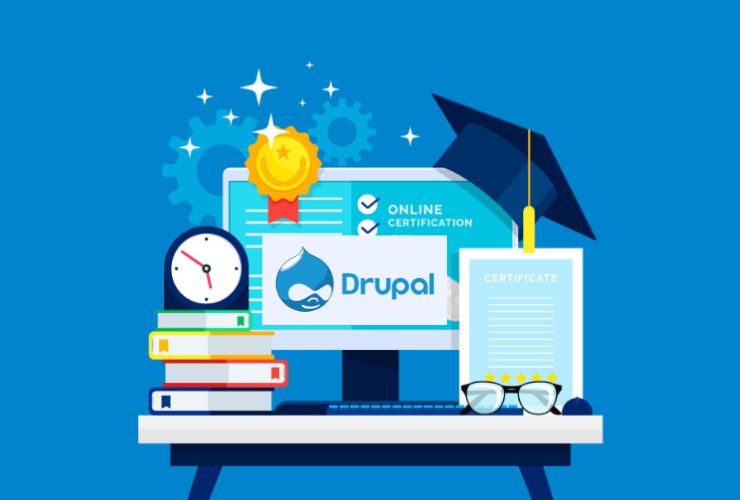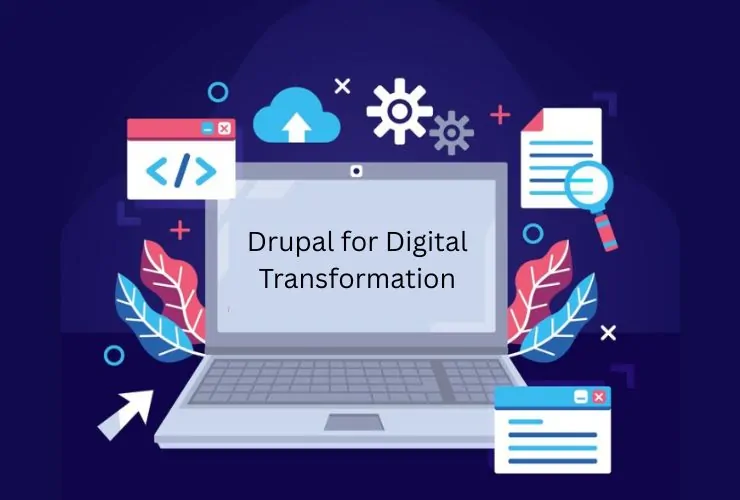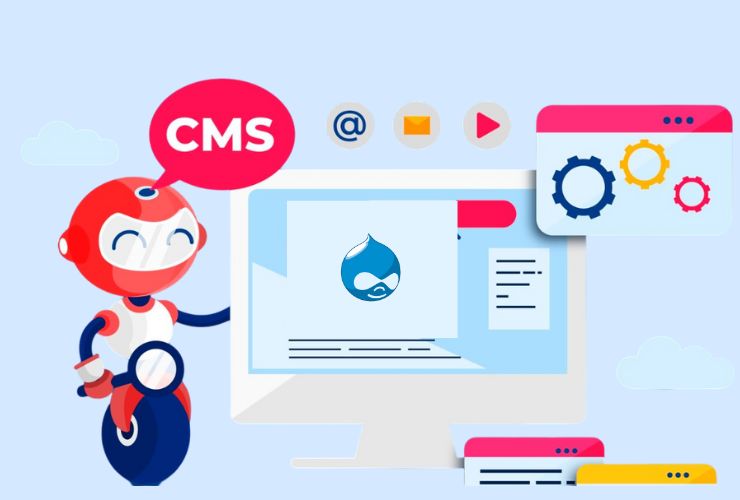In this digital world, where data breaches and cyberattacks are highly prevalent, it is essential to opt for a safe Content Management System (CMS). Of the dominant open-source CMS options, security and architecture leadership has set Drupal on the top. Drupal is confidant by governments, enterprises, non-profits, and educational establishments around the globe as a trustworthy platform to construct secure websites. It’s now time to dive deeper into the details of why Drupal is your best bet at securing your online presence.
1. Gold Standard of High Security Standards
Drupal offers the gold standard of secure coding in the CMS market. Its best-practice standards for coding ensured that vulnerability is reduced to its minimum levels. The Drupal Security Team keeps looking round the clock into possible threads and rectifies the mistakes in time by patches and updates if any problem is found.
Example: It has lots of documentation and training to ensure that the developers follow the high-security standards for developing custom modules and themes under Drupal.
2. Highly Granular Access Controls
Another important feature of Drupal is that it can define and manage roles and permissions with precision, with the ultimate result of allowing only the right people to get access to sensitive parts of your website.
Scenario: If your website has several user levels such as administrators, editors, and contributors, then it is pretty easy to limit access to certain pages or content.
3. Periodic Security Updates
Drupal takes an aggressive approach towards security by updating regularly against newly discovered vulnerabilities. Thus, your website is protected against all emerging threats.
Impact: With outdated CMS versions, the exploitation risks of websites increase. Drupal makes it easy to update and minimizes the risks considerably.
4. Active Global Community
Drupal is an open-source platform and thus has global communities of developers and security professionals. The highly active community combines forces, locates vulnerabilities in the platform, assesses code and offers patches right away. All these factors collectively make Drupal to be very hardy.
Strength in Numbers: With thousands coming together to contribute to Drupal in different ways, the system cannot fail to top any list regarding CMS security.
5. Advanced Authentication Options
Drupal provides advance methods of authentications to secure the user accounts including the following
- Two-Factor Authentication (2FA): Provides safety for the user login
- Single Sign-On (SSO): Very well integrate with enterprise-level authentication systems.
- Bonus-This comes in very handily for organizations that stress strength in identity and access management.
6. Database Encryption
The core of Drupal can encrypt the data related to your user credentials, payment information, or customer files. That means if attackers steal your database, this data will be useless for them.
Some Key Use Cases: E-commerce websites and health care platforms have benefited the most with this amount of data security.
7. Industry Standards Compliance
Drupal has been built considering strict regulations as follows:
- GDPR (General Data Protection Regulation): It protects user data privacy in the EU.
- HIPAA (Health Insurance Portability and Accountability Act): Drupal is used for health care applications.
- PCI DSS (Payment Card Industry Data Security Standard): It protects online transactions for e-commerce sites.
Real-World Application: Organizations that have businesses in regulated industries can depend on Drupal to deliver compliance needs effortlessly.
8. Immunity to Common Attacks
Drupal comes with a range of security measures that ensure your website is barred from virtually all hacking attempts which are very common, example:
- SQL Injection: this is due to strict validation of inputs
- Cross-Site Scripting (XSS): Due to inbuilt sanitization methodologies on user’s inputs
- Cross-Site Request Forgery (CSRF): through safe tokens mechanisms
- Consequence: That reduces possible breaches of your data by about a percentage range. Your site will be well secure and save for visitors,
9. Scalability With No Security Trade-Off
It is also one of the very common application scenarios for Drupal, high-traffic sites that can do it with great performance and no security compromise in its architecture that supports advanced caching mechanisms and load balancing to make your website scale safely and securely.
Example: It includes a government website that is using Drupal which is kept in high security at a time but millions of users access the site.
10. Custom Security Configurations
This is highly modular in architecture; actually, you can easily customize the security settings of your website. Also, it will allow you to configure SSL certificates so that you may integrate third-party security tools with the help of Drupal, offering you unparalleled flexibility in meeting your specific needs.
Conclusion
Security is no longer an added value but a must in today’s digital world. Commitment to high security, proactive updates, a global community, and powerful features make Drupal the first choice for businesses and organizations concerned about protecting their data.
Within Drupal, you are not just building a website; you are building a secure digital ecosystem, such as peace of mind for you and your users.

